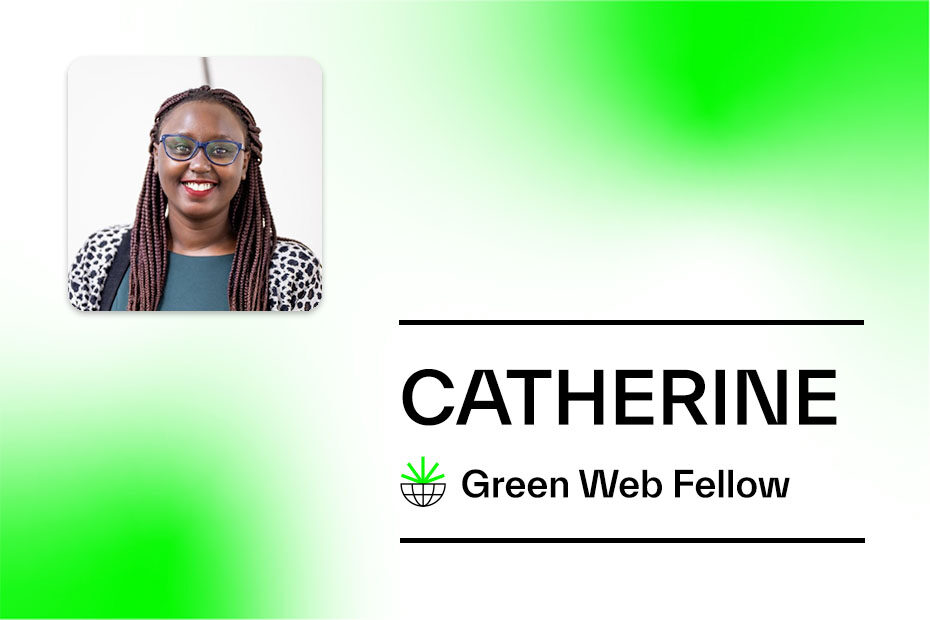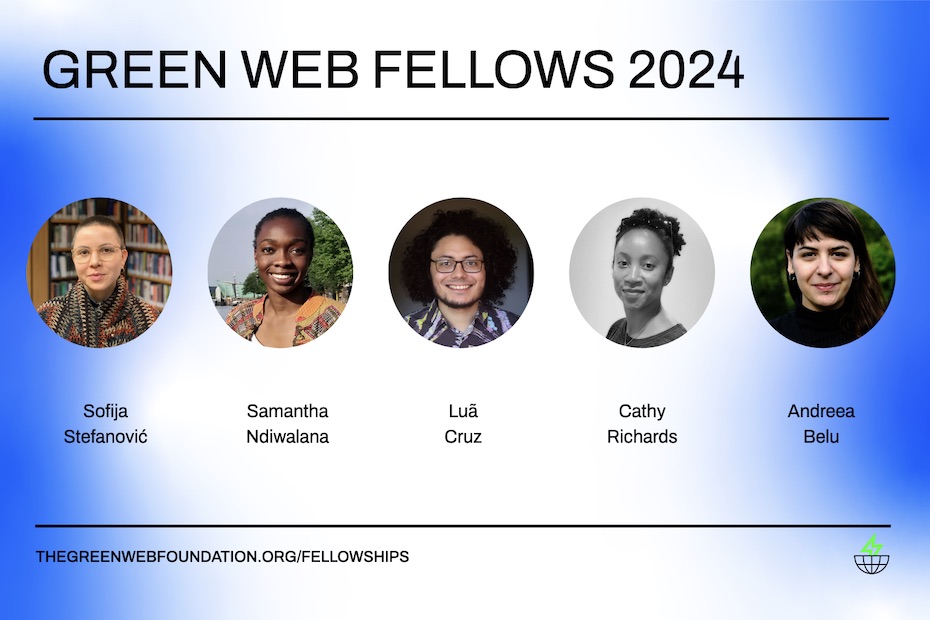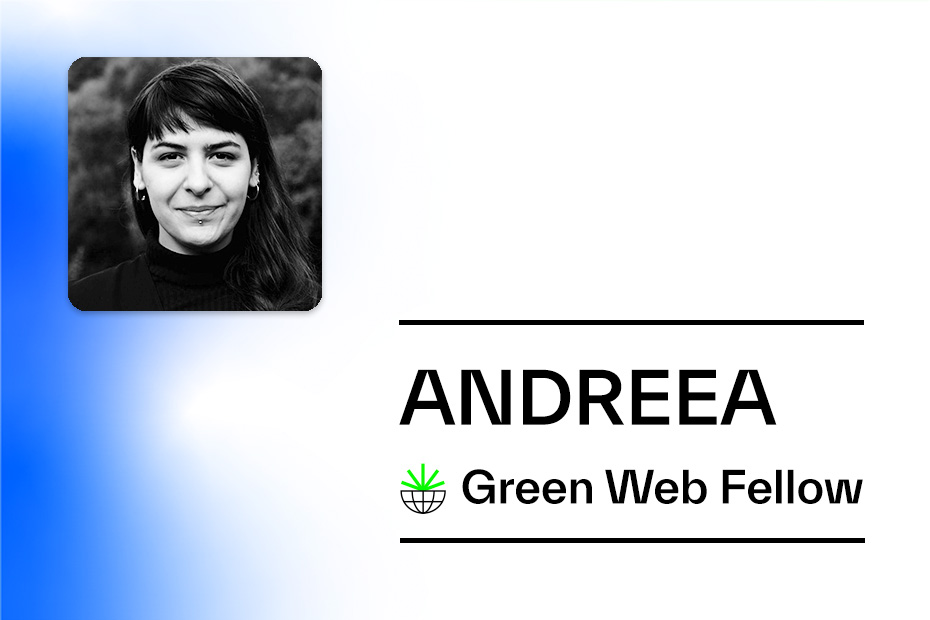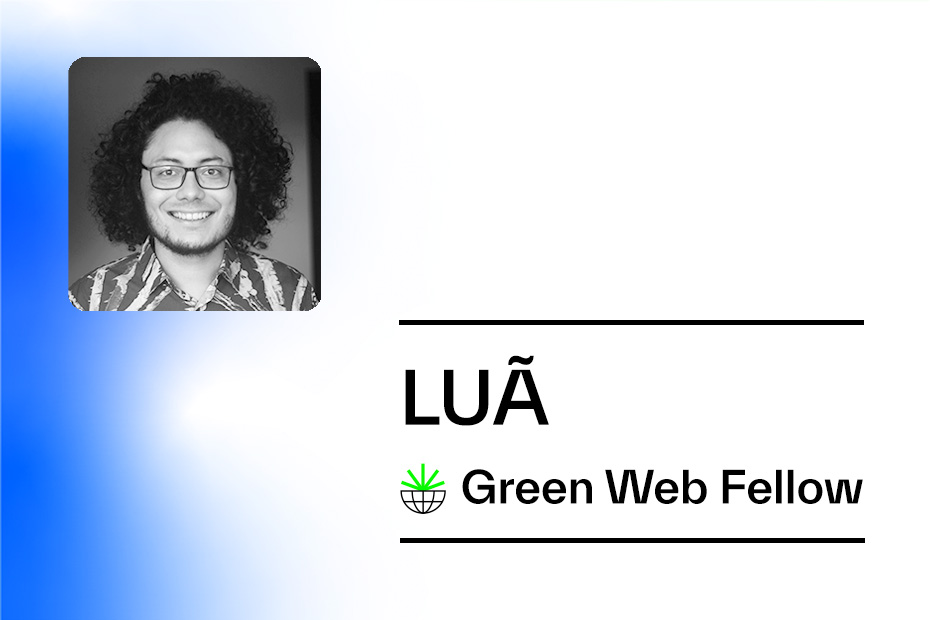The past 10 months have been a roller coaster of learning, unlearning and expanding my networks. When I applied for the fellowship, I had a strong background in digital rights and policy, but knew zero to nothing around the intersection between digital rights and climate justice. Curious, I was keen to use this experience to learn while relying on my strengths to complete my project.
The Project
My project, ‘Safer Green Voices’ , aimed to find out the existing challenges of digital safety and security of climate activists in sub Saharan Africa. I knew there was a lot of existing material like toolkits, guidance notes and more around digital safety and security and I didn’t want to reproduce them. Instead, I wanted to put lists together that would guide people newly engaging with this topic, sort of a compass.
Secondly, I wanted to have a workshop where I would bring together members of the digital rights community and climate community to discuss and get them to share thoughts on this issue. I was convinced this was a starting point where they would get to like to know each other’s network and then find synergies.
Why did this project matter to me?
First, I had never really encountered this subject in all my years of work. For example, as a program officer at ARTICLE 19, none of my programming activities directly looked at climate activists or how they were engaging with the digital environment, nor had I come across such information from our partners.
Secondly, I would often support my colleagues working in different departments, like civic space on digital rights related matters and knew this project would be appreciated. The reality is the digital rights community has a lot of knowledge, but it’s sometimes not disseminated to communities that need it.
The lightbulbs
I learnt so much but let’s highlight just a few learnings:
Who is a climate activist?
Throughout the project I encountered different personas of climate activists and my understanding was expanded. It could be like a community grassroots defender, or a member of an Indigenous community protecting their home or heritage, or somebody pushing back against the effects of very big development projects or corporation activities. For example, I came across the story of a climate activist who had submitted a complaint through the World Bank complaint mechanism about a project financed by the Bank in Uganda that potentially had significant negative environmental impact for them and their community.
What are their digital safety and security needs?
Looking at this through the lens of a climate activist, e.g a person fighting against a megaproject, made this so surreal. First climate activists sometimes rely on digital tools in their work to document violations or for advocacy to publish research, raise awareness or run petitions. Sadly, these tools may put them at risk, which commonly includes: exposure to surveillance including having online meetings infiltrated, break-ins and theft of digital devices, online harassment e.g trolling, or legal harassment from being charged with criminal offenses like incitement to violence.
Additionally, exposure to this risks is aggravated by factors such as:
- The nature of work an activist is engaged with: Activists working to ensure renewable energy projects were ‘just’ were noted to be more exposed to harassment than those working on fossil-fuel related matters
- Availability or access to resources on digital security: Even where digital security trainings are offered, they are concentrated in major towns/ capitals excluding smaller communities
- Language: Most material is available only in English limiting access to others with different primary languages
What else? ‘Other intersections’.
Beyond this project, I learnt other ways in which digital rights and climate justice intersect including digital infrastructure like data centers, climate misinformation and disinformation and many more.
The gains
Apart from learning new things, I also joined a community of like-minded people. From my amazing cohort of fellows, the amazing colleagues at the Green Web Foundation and all the other amazing people introduced to me over the past year.
I also got new opportunities to bring this closer to my community by assisting the organization of a similar related topic at MozHouse Kenya or joining the 2024 fellowship review committee at Green Web Foundation. I am super happy about this growth.
What’S next?
First you can expect to read the fully published paper of this research soon. But besides that, I expect to stay engaged with this community and advocate for this topic loudly in my existing spaces. The fellowship definitely ignited the desire to walk down this digital path illuminating the greening star.



